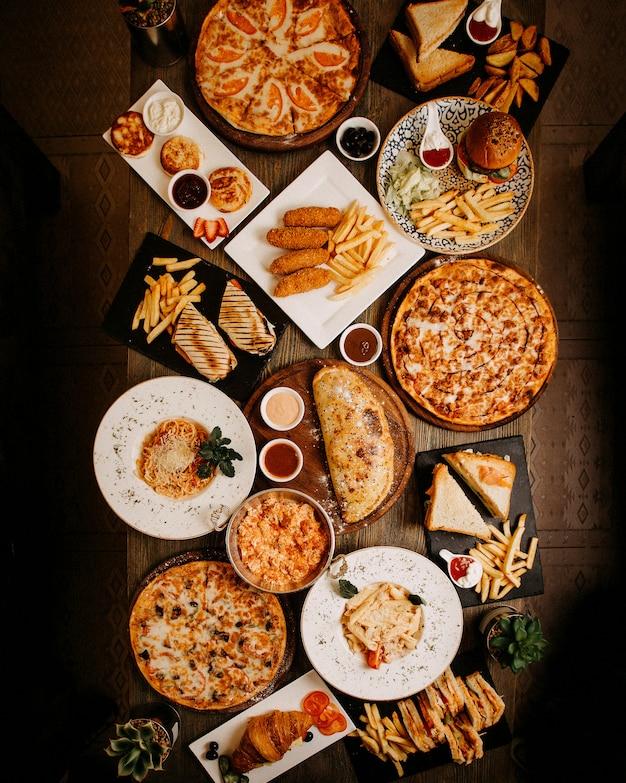Maintaining a healthy diet is a crucial aspect of reducing the risk of cancer and supporting overall well-being. While no single food can cause or cure cancer, certain dietary choices have been linked to an increased risk of cancer development. In this blog, we will explore some common cancer-causing foods that you should consider avoiding or consuming in moderation to lower your risk.
1. Processed Meats:
Processed meats, including bacon, sausages, hot dogs, and deli meats, are often cured, smoked, or salted. These processes can lead to the formation of potentially carcinogenic compounds such as nitrosamines and polycyclic aromatic hydrocarbons (PAHs). Consuming these meats regularly, especially in large quantities, has been associated with a higher risk of colorectal cancer.
2. Red Meat:
While red meat, such as beef, pork, and lamb, is a valuable source of essential nutrients like protein and iron, high consumption of red meat, especially when grilled or cooked at high temperatures, has been linked to an increased risk of colorectal cancer and other cancers. To reduce risk, limit red meat consumption and opt for lean cuts.
3. Sugary Beverages:
Sugar-sweetened beverages like soda, energy drinks, and fruit juices are loaded with added sugars. High sugar intake can lead to obesity and chronic inflammation, which are risk factors for various cancers. Choosing water, herbal tea, or natural fruit-infused water can help lower your cancer risk.
4. Alcohol:
Excessive alcohol consumption is a well-established risk factor for several cancers, including those of the mouth, throat, esophagus, liver, and breast. Limiting alcohol intake or avoiding it altogether can significantly reduce your cancer risk.
5. Trans Fats:
Trans fats are artificial fats often found in partially hydrogenated oils used in some processed and fried foods. These fats can lead to inflammation and increase the risk of certain cancers. Check food labels for trans fats and avoid products that contain them.
6. High-Sodium Foods:
High-sodium diets, typically associated with processed and preserved foods, are linked to an increased risk of stomach cancer. Reducing salt intake and opting for fresh, whole foods can help mitigate this risk.
7. Charred or Grilled Foods:
Cooking meat, poultry, or fish at high temperatures or over an open flame can create heterocyclic amines (HCAs) and polycyclic aromatic hydrocarbons (PAHs), which are known carcinogens. To lower your exposure, use alternative cooking methods, such as baking, boiling, or steaming, and avoid consuming overly charred or burnt portions.
8. Refined Sugars and Grains:
Highly processed and refined foods that contain sugary snacks, white bread, and sugary cereals can lead to rapid blood sugar spikes and promote inflammation, which is associated with an increased cancer risk. Opt for whole grains, whole fruits, and other natural sources of carbohydrates.
9. Canned Foods with BPA:
Canned foods lined with bisphenol A (BPA), a chemical used in the lining of many canned goods, have been associated with potential health risks. BPA can leach into the food and disrupt hormonal balance, which may contribute to cancer. Choose BPA-free canned options or fresh foods when possible.
10. Fast Food and Highly Processed Foods:
Fast food and highly processed foods are often high in unhealthy fats, sodium, and additives. Their regular consumption can contribute to obesity and increase the risk of certain cancers. Prioritize fresh, whole foods and home-cooked meals.
Conclusion:
While these foods are associated with increased cancer risk, it’s essential to maintain a balanced diet that includes a variety of fruits, vegetables, whole grains, and lean proteins. Reducing your intake of cancer-causing foods and adopting a lifestyle that includes regular exercise, not smoking, and limiting alcohol can significantly lower your cancer risk and support your long-term health and well-being.



